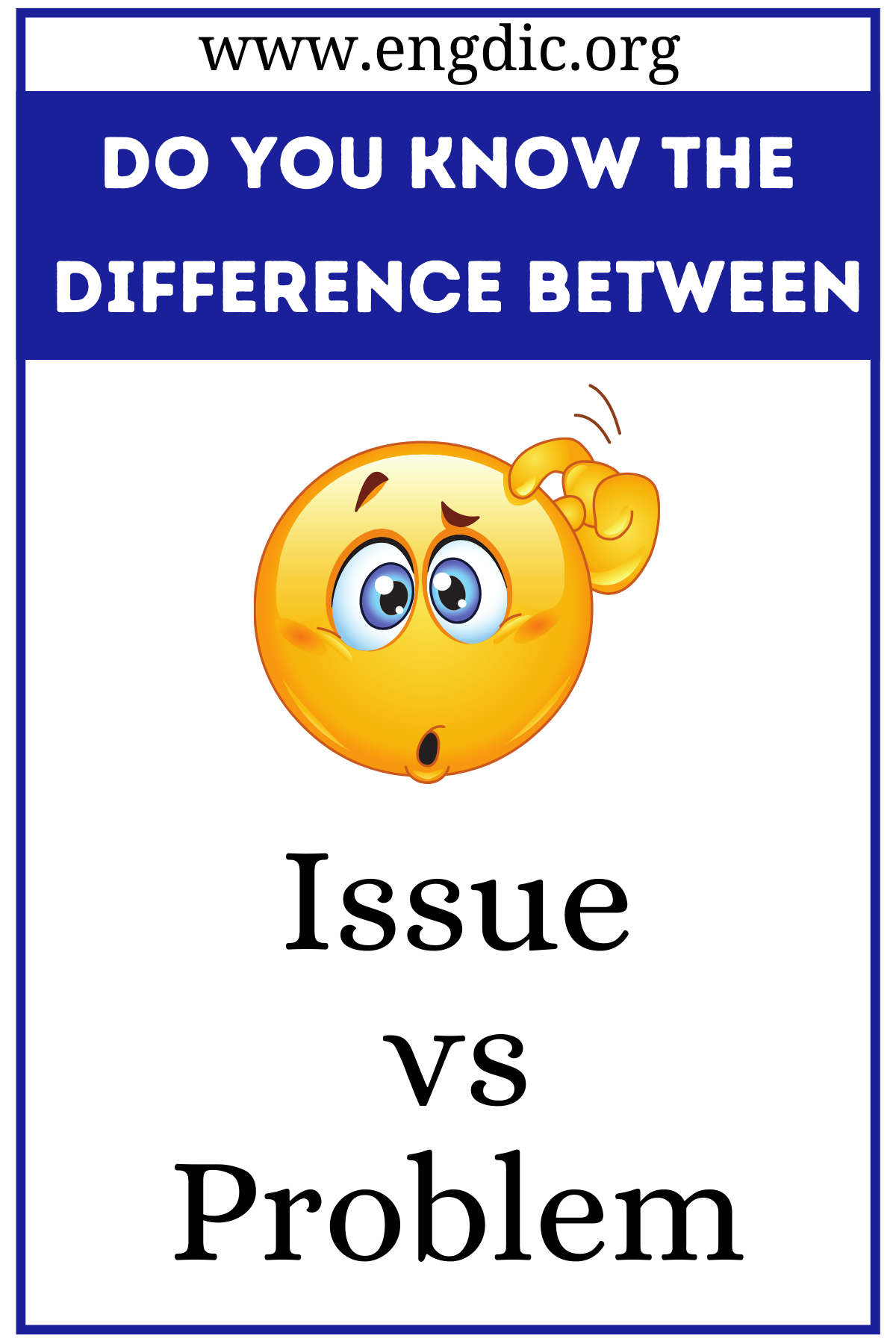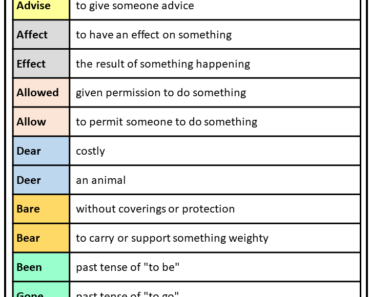An “issue” often implies a broader concern or topic of discussion that may not necessarily have an immediate or significant impact. Conversely, a “problem” denotes a specific challenge or obstacle that requires a solution or resolution.
While issues can be more general, often encompassing social or organizational matters, problems are more immediate and tangible, often directly impacting individuals or processes. Both terms can overlap, but understanding their nuances helps in accurately addressing the nature of a concern.
Issue
Definition: An “issue” is a point of contention, discussion, or concern that is usually less immediate and may require long-term resolution.
Usage:
- General Concern:
Often used to describe societal or organizational topics that need attention, e.g., “Environmental issues are becoming more pressing.” - Topic of Discussion:
Denotes subjects up for debate or analysis, e.g., “The meeting covered several key issues.” - Challenges:
Used in a more formal sense to address matters requiring attention, e.g., “The team discussed the issues hindering project progress.”
Examples:
- The conference will address several global health issues.
- Privacy issues arise with the increasing use of digital platforms.
Problem
Definition: A “problem” is a specific challenge or difficulty that requires immediate action to find a solution.
Usage:
- Obstacles or Challenges:
Used to refer to particular difficulties, e.g., “The network issues are causing a lot of problems.” - Questions Needing Solutions:
Indicates something that needs an answer or remedy, e.g., “He has a problem with the math homework.” - Unwelcome Situations:
Describes negative situations needing improvement, e.g., “The sudden drop in sales is a major problem.”
Examples:
- The unexpected delay caused a scheduling problem.
- The teacher helped the student solve the algebra problem.
Understanding these differences helps address matters with appropriate terminology, ensuring clarity in communication and problem-solving.







